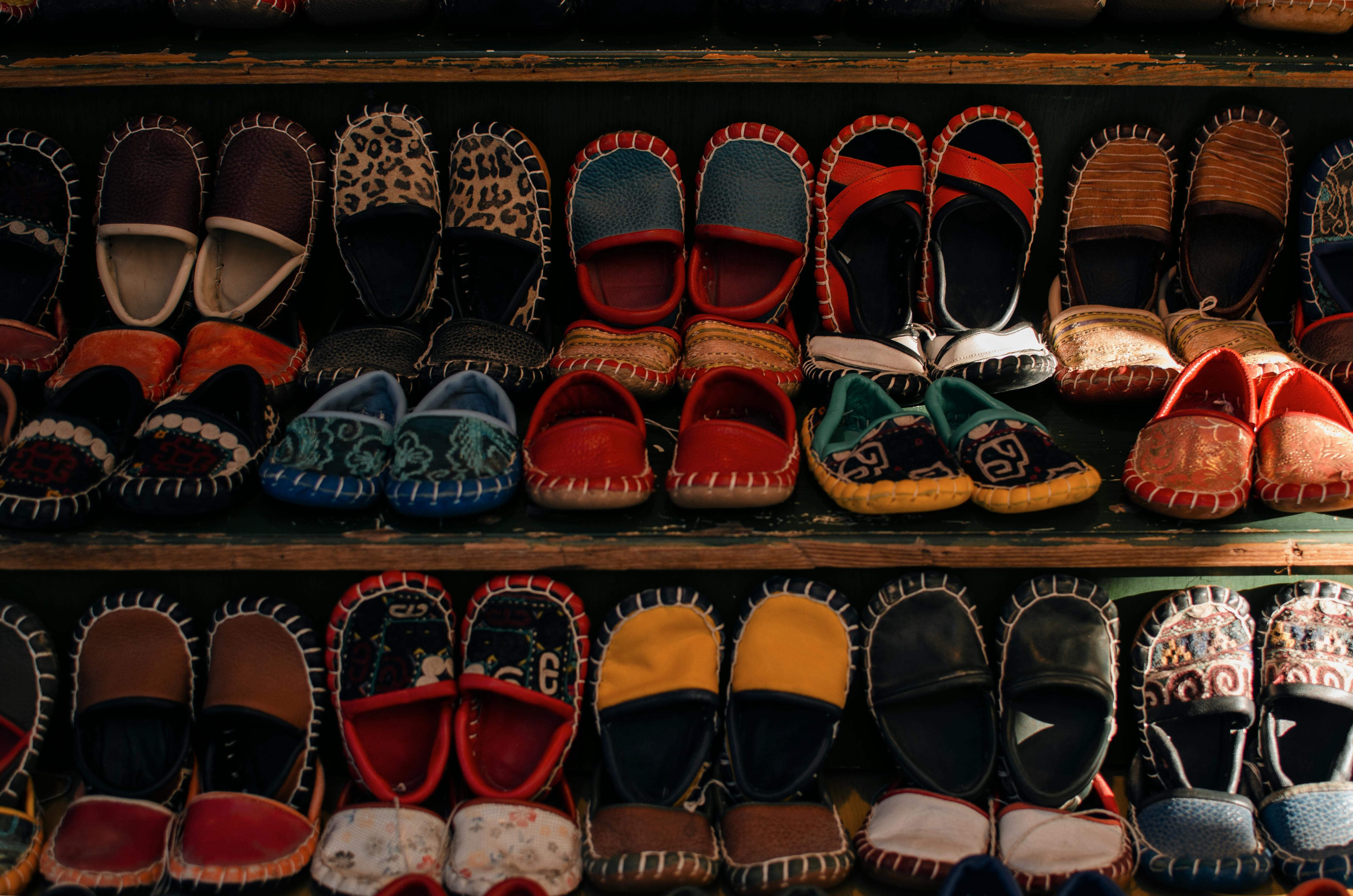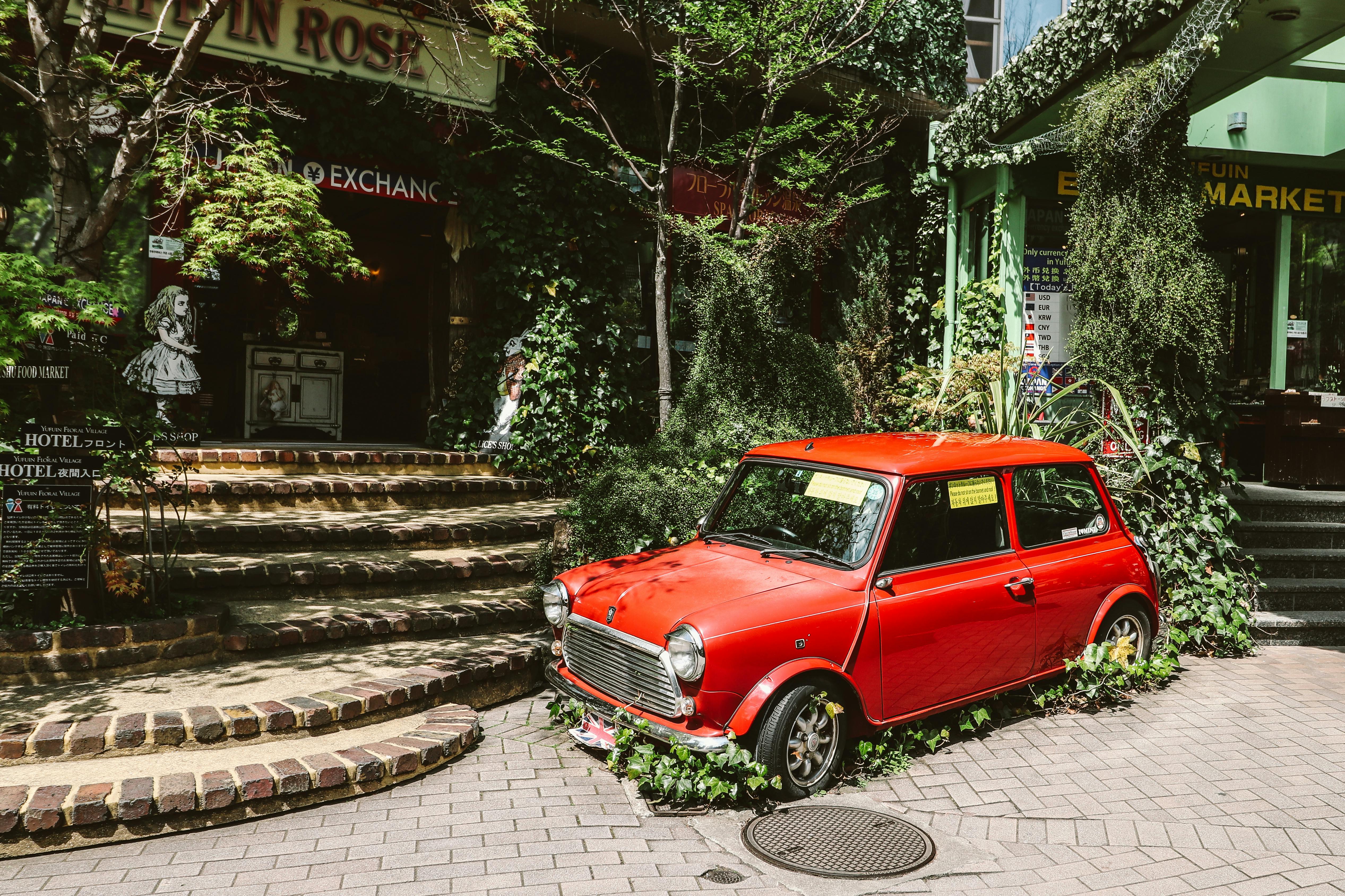One of the main reasons why most of our precious animal species are going extinct is poaching. Even though there have been laws making the practice illegal, poachers continue to perpetuate their selfish goals without knowing what kind of damage they are doing to the biosphere. However, some people practice private farming as a way to protect these endangered animal species. Does it help endangered animals in the real sense and is it practical? The answer is yes. Unlike poaching, for-profit farming that has been legalized is causing an increase in the number of endangered species.
A good example is the increase in black and white rhinos in the southern hemisphere, whose population has grown due to private farming. IUCN scientist Dr. Richard Emslie attests to the fact that private farming has been of great help in safeguarding these animal species due to effective law enforcement, which makes it easier for local communities to fully participate in the conservation programs. It is also a way to help the government safeguard these animals considering that the government has a lot on its back.
With substantial economic incentives for private breeders of endangered animals, such as rewarding those who care for rhinos, poaching activities are likely to decline. Private farmers just need to be sure of the economic gains they will make from private animal husbandry and take on the role of protecting endangered animal species.
Private tortoise farming in China has also seen an increase in the number of species, although conservation experts argue that farming has a negative impact on wild tortoises, reducing their population. In this modern age where most governments are focused on safeguarding the interests of a growing population, private farming is the only solution to safeguard endangered animal species.



